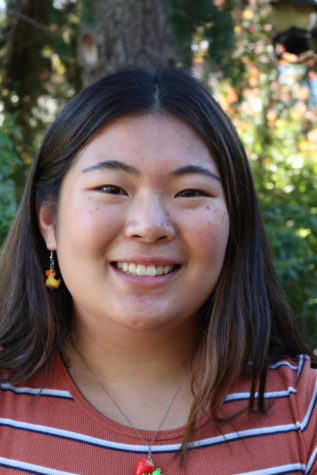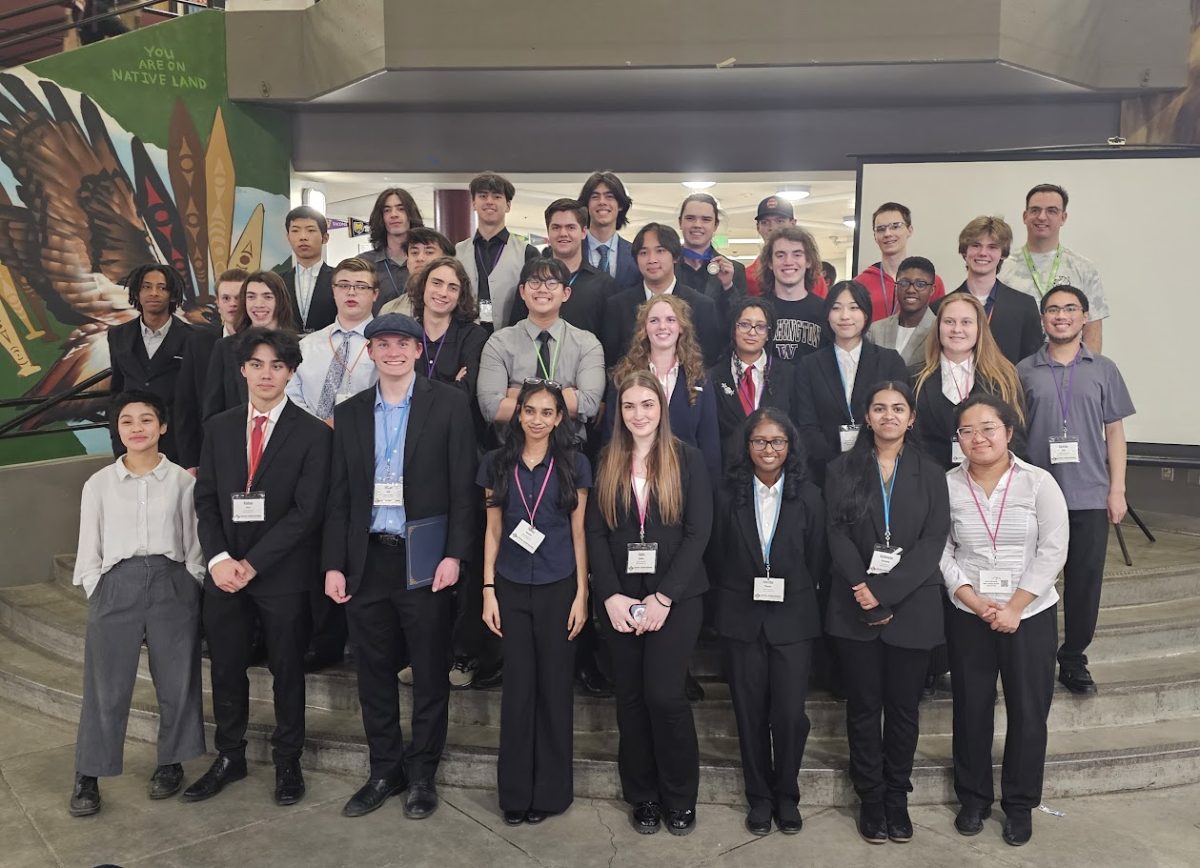Terrace’s policy requiring students to leave campus during their free periods has undergone changes in enforcement for this school year. The stricter enforcement of the policy and restricted access to campus for students in eLearning classes has led several students affected by the policy to feel as though the changes were not clearly communicated.
The policy affects students involved in programs such as eLearning, Running Start and Sno-Isle Tech Skills Center classes, as well as students with shortened schedules and fewer than six full periods.
One of these students is senior Spencer Socoloski, who has a free first period for an eLearning class this year, and in previous years he spent most of that time in the library working on various assignments. Socoloski said he was unaware of the new components of the policy, and was never informed of it other than through overhearing experiences from his peers that he assumed were mistakes. Earlier this year, though, he experienced it firsthand.
“I came into the attendance office a little bit after school started… to excuse an absence and [one of the attendance office staff] told me you can’t be on campus at all,” Socoloski said.
The details of the policy have not been made clear to the students and have been affecting the student body, with some thinking of it as an entirely new policy.
According to Principal Greg Schellenberg, this policy has been around for as long as he can remember and has not changed much over the course of its existence. However, an official eLearning classroom on campus was added to the policy this year. Students in eLearning classes are given a pass to go to room 215 to work during their free periods and are no longer considered the school’s responsibility during that time.
“For the periods that you’re not in class here, you’re officially not a Mountlake Terrace student,” Schellenberg said.
Although the policy is an inconvenience to some, the staff at MTHS do not want students to be roaming around the school and causing distractions to those classrooms that are in session.
“A number of students impacted by this [policy] are really good students and are doing some good things on and off-campus. We just want to make sure we have a spot for them,” Schellenberg said.
The policy was loosely enforced until last year, when multiple students caused distractions during their free periods.
“Last year a student hid in the school for two days, they would come out to talk to friends during lunches and then go back into hiding,” Schellenberg said. “No one feels safe with that.”
The policy is enforced to secure the safety of the students, but some were not aware of the policy and what exactly it does since it has not been made clear to the students by school officials.
“I had been going to the library for weeks and the librarian didn’t say anything about [the policy],” Socoloski said.
“The woman at the attendance office said [my] counselor was supposed to talk to me about it, but that wasn’t the case.”









